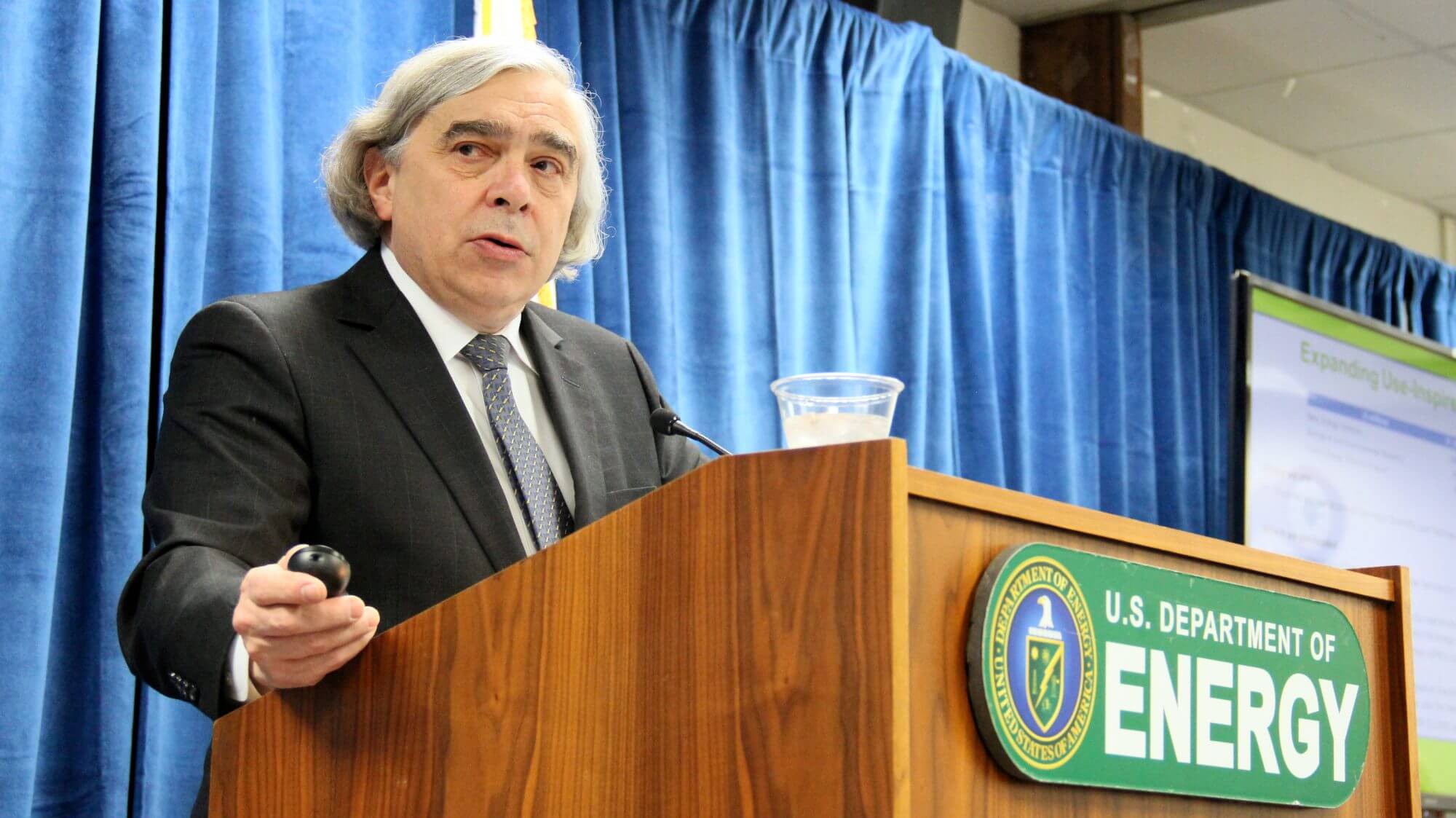WASHINGTON– President Barack Obama, in his 2017 budget, has proposed a 21 percent increase in clean energy funding as the next step toward a goal of doubling the federal investment by 2021.
The president’s budget, released Tuesday, includes $5.85 billion in funding for clean energy research and development, up from $4.8 billion in 2016.
Secretary of Energy Ernest Moniz said the proposed increase reaffirms Obama’s commitment to “Mission Innovation,” an agreement the United States entered into with 19 other countries in Paris at the climate summit last December. The idea is to double clean energy globally over the next five years.
“The increase in the budget is critical to our mission success,” said Moniz during a briefing Tuesday.
About 80 percent of the president’s government-wide clean energy investment supports the Energy Department’s clean energy technology research, development, and demonstration activities.
For example, the president wants to reduce the cost of sustainable transportation vehicles and increase the use of clean renewable power from solar, wind, water and geothermal energy.
Moniz said the proposed budget increase for clean energy innovation is likely to receive support from both sides of the aisle.
“The innovation agenda is one that a lot of people can get around and have gotten around in a bipartisan way,” he said. “We lead in terms of innovation and we’ve got to keep that position.”
According to the Obama administration, accelerating such innovation is essential to achieving the goal of limiting the rise in global temperatures to well below 35.6 degrees Fahrenheit.
In addition to advancing efforts to combat climate change, investing in innovation secures the U.S. as a leading player in the rapidly growing clean energy marketplace, Moniz said.
Overall, the Energy Department’s FY 2017 budget request of $30.2 billion represents a 10 percent increase above the department’s enacted budget for 2016.
The department’s spending priorities for the upcoming fiscal year include $6.1 billion proposed for cleaning up old nuclear production sites with waste that pose threats to neighboring communities, and $5.67 to continue cutting-edge research in the physical sciences.
In addition, the budget proposes a 40 percent budget increase for Energy Efficiency and Renewable Energy, with $2.89 billion going toward developing technologies that will make homes, buildings and industries more energy efficient.


